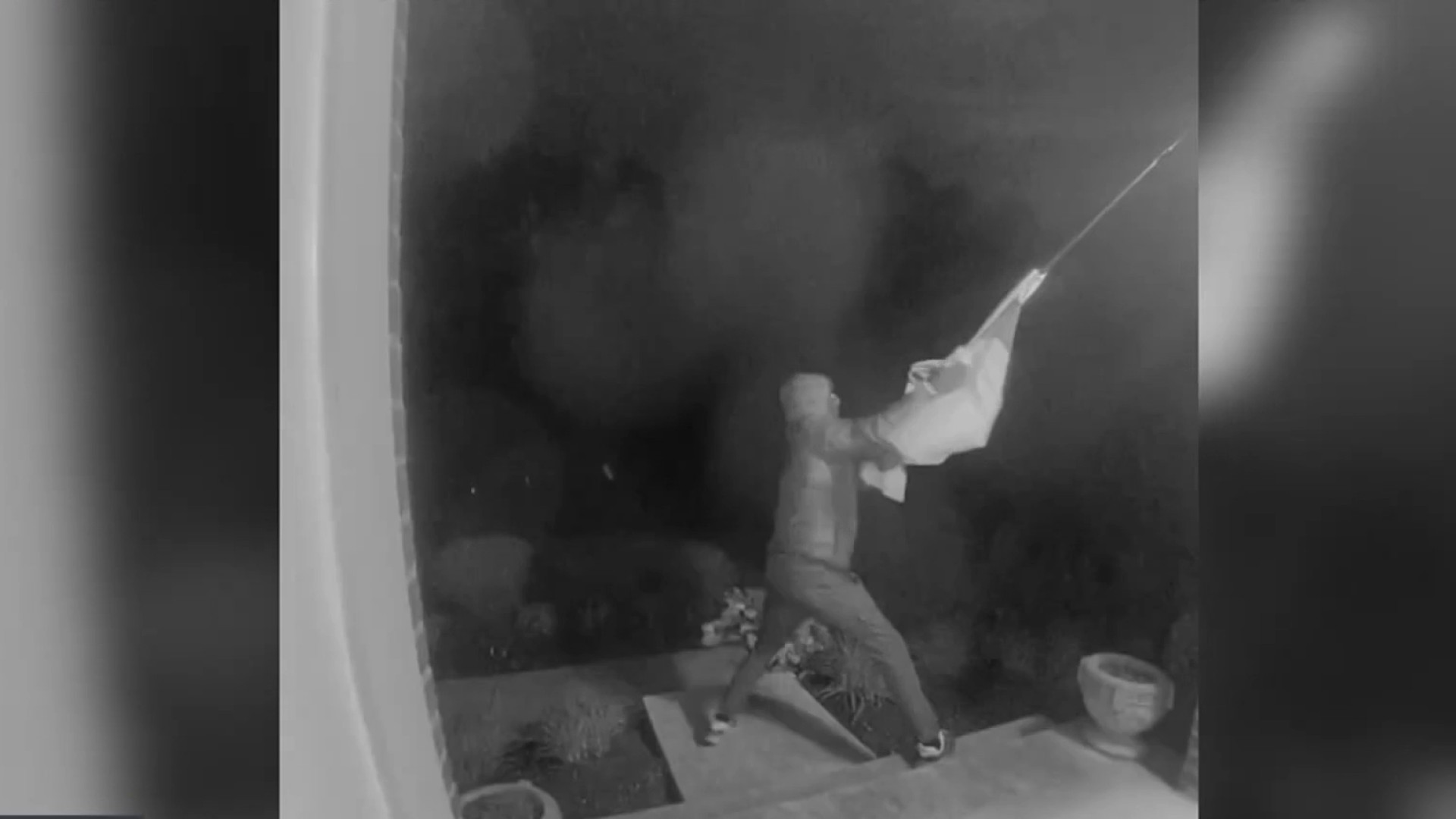Starting two months ago, Washington Post opinion writers began to say D.C. Mayor Vincent Gray should resign.
They said it in different ways. On May 26 the Post’s angle was, if Gray does not answer questions “he needs to resign.” On July 11, “a resignation by the battered mayor wouldn’t be surprising.” And on July 14, this audacious proclamation, “Gray is almost certainly going to have to resign in disgrace.”
In other words, the Post nourished the feeding frenzy to pressure Gray out of office.
In fact, its opinion writers may have created the notion.
Before the Post got the “Gray should resign” ball rolling, there was no voice as large or as powerful suggesting anything of the nature.
But leading the charge against Gray wasn’t good enough for the Post.
It needed to know how effective its efforts had been.
Local
Washington, D.C., Maryland and Virginia local news, events and information
So, the Post set out to measure its impact on turning public opinion against the mayor.
On July 15, just one day after declaring Gray on the precipice of an inglorious exit from office, the Post began to conduct a citywide poll that, among other things, asked District residents if Gray should resign.
If you say it enough times people will begin to believe it.
Fifty-four percent of the people polled said Gray should resign.
This is an old trick that political hands know well. Mercilessly smear an opponent for a few days and then conduct a poll. Lo and behold, usually you will get what you’re looking for. The Post certainly did.
Poll results, which were indisputably influenced by editorializing and coverage of Gray, are now splashed across the Post’s front page.
Here is a headline from the website: “D.C. residents: Mayor Gray should resign.”
This is no way to conduct a poll or present the news. Nowhere in the Post’s coverage of the poll does it mention the volume of negative editorializing done by the paper in the days immediately preceding the survey.
A legitimate story about a campaign poll would surely feature any relevant efforts to skew results.
Scrutiny of Gray, his administration and the 2010 campaign is certainly warranted. The mayor has done himself no favor by leaving many questions unanswered. But that does not mean our local newspaper should toss aside fairness in reporting and the use of public opinion data.
A poll was not necessary to know that Gray has political problems. But polling gave the Post a great reason to regurgitate a message it is largely responsible for inventing.
Earlier this week I wrote, "the desire to claim a scalp runs deep in politics and media."
Apparently, it is a desire that can lead to setting good judgment aside.
Chuck Thies is a political analyst and consultant. His columns appear every Tuesday and Thursday on First Read DMV. He co-hosts "DC Politics" on WPFW, 89.3 FM. Since 1991, Chuck has lived in either D.C., Maryland or Virginia. Email your tips and complaints to chuckthies@gmail.com or tweet at @chuckthies.



